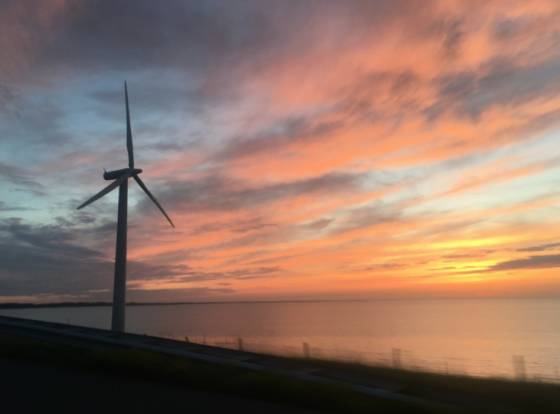Biomass accounts for bigger share of sustainable energy, but EU targets are way off


The Dutch used 16% more energy from renewable sources in 2019 but total production of green energy still only accounts for 8.6% of energy usage, according to new figures from national statistics office CBS.
By the end of this year, 14% of energy used in the Netherlands should come from sustainable sources in order to meet EU targets.
Biomass accounts for more than half the increase as more coal-fired power stations were subsidised to use wood chips rather than coal. The use of biomass – particularly wood chips – is highly controversial and an increasing number of organisations now say it is not a sustainable source of energy.
Solar energy accounted for 0.9% of total energy usage, but this was up 37% in absolute terms. Wind energy made up 1.85% of the total.
The Dutch environmental assessment agency PBL said in January that the use of biomass may be unavoidable if the Netherlands is to meet the EU targets.
Without using biomass, the Netherlands will have to install wind turbines and solar panels more quickly that it is currently doing, and other difficult choices will have to be made, the PBL said.
The agency says it expects no more than 11.4% of Dutch energy needs will be accounted for by sustainable energy production this year.
Thank you for donating to DutchNews.nl.
We could not provide the Dutch News service, and keep it free of charge, without the generous support of our readers. Your donations allow us to report on issues you tell us matter, and provide you with a summary of the most important Dutch news each day.
Make a donation